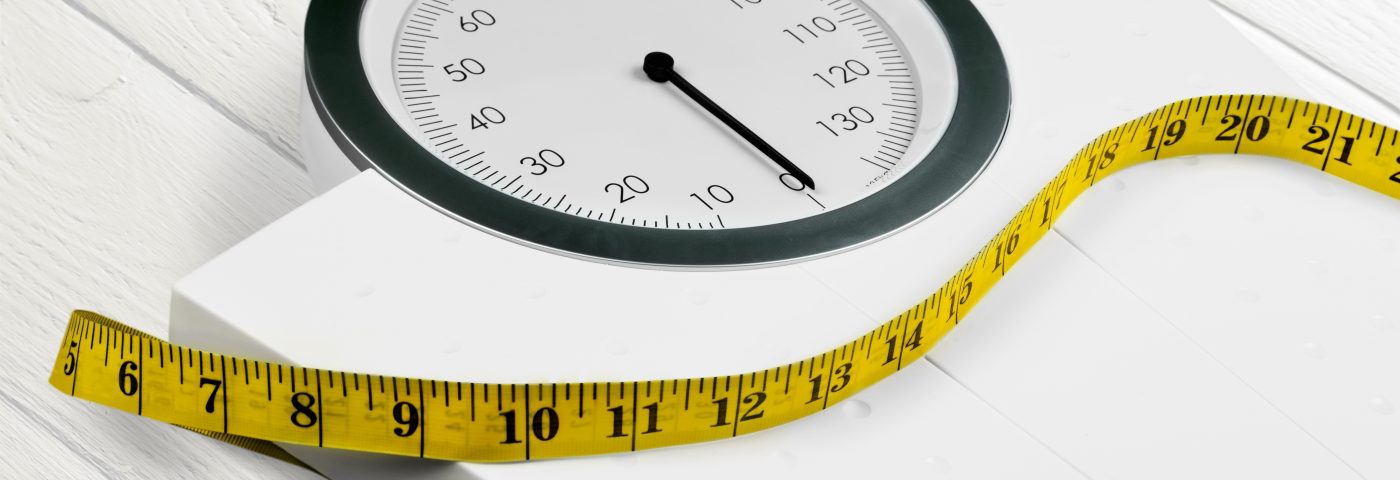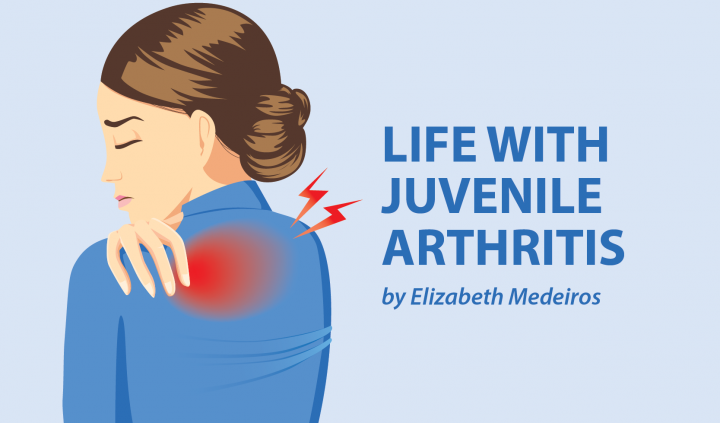I have a hard time looking at photographs of myself from when I was 14. I was in pretty rough shape. My cheeks were puffy and covered with pimples, and I wore baggy sweaters to hide my weight gain. While extra weight is not unusual in adolescence, there was so much more going on.
Maybe puberty would have been easier on me if I didn’t have juvenile arthritis. I was taking medicines that made me bloat and break out, and they didn’t even seem to help my arthritis symptoms. There were days I barely made it through a day of school, so I didn’t have the energy to play sports or even exercise afterward. I felt like a total outcast among peers. No one understood what I was going through. It was hard to walk around in my own skin, and I hated every picture of me.
The reality
Unfortunately, some kids with juvenile arthritis face weight issues. Lack of exercise due to pain and exhaustion isn’t the only cause of weight gain — medication side effects can also contribute. Weight gain is especially common for those using steroids.
My extra weight caused so many issues for me, from feeling uncomfortable in most clothing to receiving harsh judgment from peers. But the worst part was feeling a total lack of control over my life. Most teens don’t have much say in the arthritis treatments they use and for how long, and they can be resentful when treatments don’t seem to work or cause severe side effects. It feels unfair.
What helped
As time went by, I found many things that helped. The first was being supported by loved ones who understood that suggesting special diets or workouts did not help me feel better. My mum and I spent hours window shopping because it was a way to get me up and moving at my own pace.
Take control
Some parents find that their teens become more rebellious. That attitude results from a desire to take control of their life. Finding activities I enjoyed helped me loads. While everything seemed to be out of my control, my hobbies were the one thing in which I had a complete say. I could practice drawing all day and all night if that’s what I wanted to do.
Find support
Finally, it helps to find a friend who gets it. We all need to feel loved and understood, and the juvenile arthritis experience can be extremely isolating and depressing. For that reason, the Arthritis Foundation sponsors outings, workshops, and summer camps for kids with arthritis. Having a friend to message or call after school helps more than you’d imagine, and many JA friendships last a lifetime.
Juvenile arthritis does not begin and end with a little joint pain. It’s a disease that seems to affect everything, and the symptoms and side effects can be heartbreaking. For that reasons, kids and teens with arthritis need your support and love. Having a support system of understanding friends and family is truly the best medicine.
***
Note: Juvenile Arthritis News is strictly a news and information website about the disease. It does not provide medical advice, diagnosis, or treatment. This content is not intended to be a substitute for professional medical advice, diagnosis, or treatment. Always seek the advice of your physician or other qualified health provider with any questions you may have regarding a medical condition. Never disregard professional medical advice or delay in seeking it because of something you have read on this website. The opinions expressed in this column are not those of Juvenile Arthritis News, or its parent company, BioNews Services, and are intended to spark discussion about issues pertaining to juvenile arthritis.


